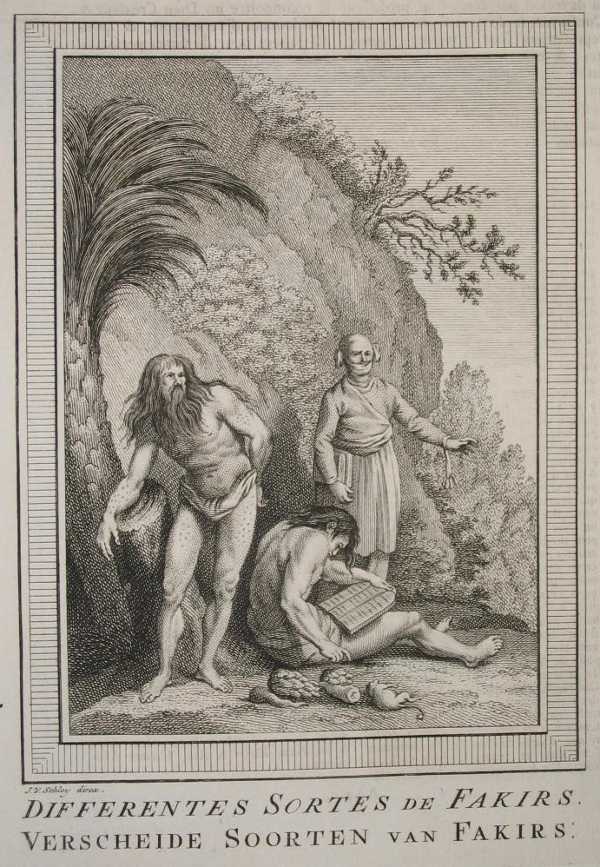FWP:
SETS == SUBJECT?
The first line is arranged for maximum ambiguity. Who is doing the giving? The masculine plural subjunctive is as broad as possible: it could go with 'they', with 'you', with 'we' (which of course is often used for 'I'), or with 'he' or 'she' as applied to someone receiving the plural of respect. Nor does the first line tell us who would receive the 'extra' pleasure-- the giver, or the receiver (or possibly both).
Depending on how we interpret the subject in the first line, the second line can be either a thought or observation by that same subject, or else part of a two-line reflection provided by an unspecified speaker.
What with all these quibbles, nuances, and fastidious refinements, the tone of the verse becomes amusingly aristocratic. We are at several removes from the idea of begging in order to get food to satisfy real hunger-- that would be commonplace and vulgar. In this verse begging is a kind of esthetic as well as moral experience, and is being evaluated as such. It is almost an art form: both giver and receiver should perform with grace and sophistication, in order to maximize their pleasure.
Of course, the risk is always quite clear: the beggar who doesn't ask is very likely to receive nothing, so in what sense is he a 'good' beggar? Perhaps only in the eyes of the selfish potential giver, who is then not harassed or importuned?
Compare Mir's equally brilliant use of a very similar theme: M{1337,1}
Note for fans of ghazal technicalities: Nazm's complaint
is that this verse could be taken as a kind of 'false opening-verse';
it could confuse the person who saw it in isolation into thinking that it
came from a ghazal with a rhyme
of ā and a refrain
of hai . (By contrast, a second 'true' opening-verse
is quite permissible, and is a flashy sign of extra virtuosity.) But really,
how much of a problem is that? Who even really notices such small details? I'm not
sure that anybody cared even then, except for people seriously given to nit-picking.

Hali:
Among the Delhi nobility there was one gentleman who was a very close friend of Mirza's, and who had become very badly off after the Rebellion. One day, wearing a [cheap] chintz quilted cloak [farġhul], he came to visit Mirza. Mirza had seen him wear only Kashmiri lamb's-wool or embroidered, etc., robes [chuġhah], never such low-class garments. When he saw the chintz cloak on his [friend's] body, his heart filled [with compassion]. He asked him, 'Where did you get this chintz? Its style pleases me extremely much; please order some chintz, for a cloak to be made for myself as well.' He [=the friend] said, 'This cloak has been made and sent to me only today, and this is the only time I've worn it. If it pleases you, then it's at your service [as a gift].' Mirza said, 'This is exactly what my heart desires-- that I would snatch it away from you and put it on right now! But it's very cold outside, what will you wear to go from here to your house?' Then he looked around here and there. He took down his own new Kashmiri lamb's-wool robe from a peg and put it on him. And so beautifully he presented this robe to him.
==Urdu text: Yadgar-e Ghalib, p. 63